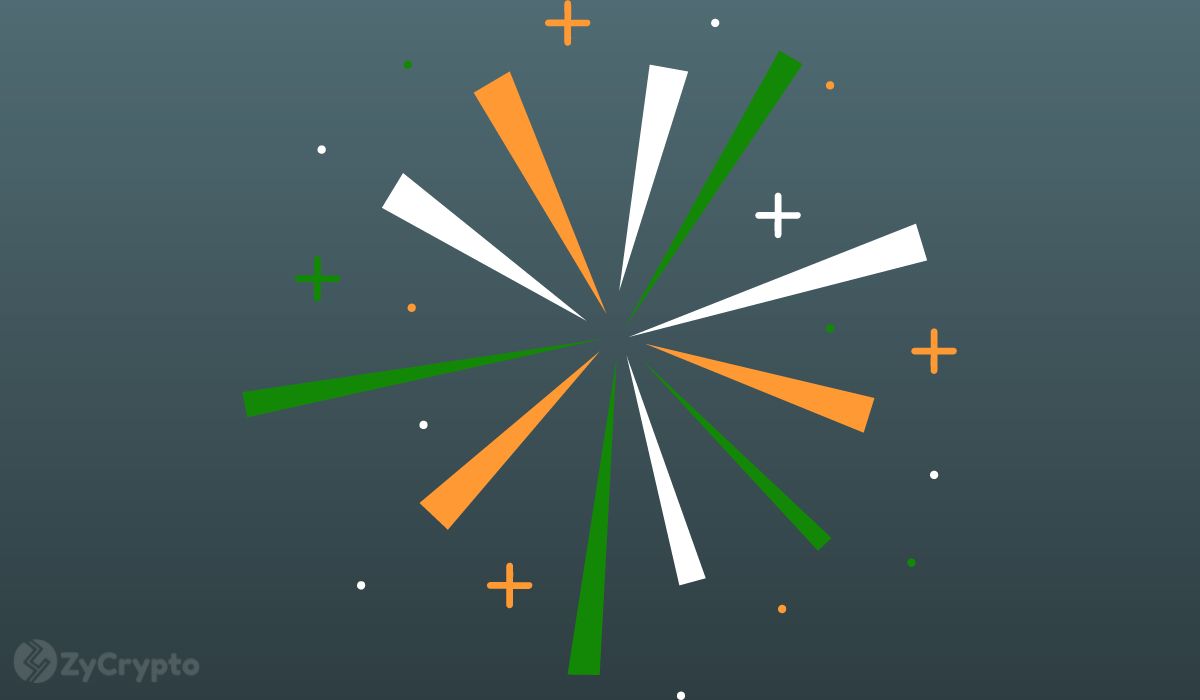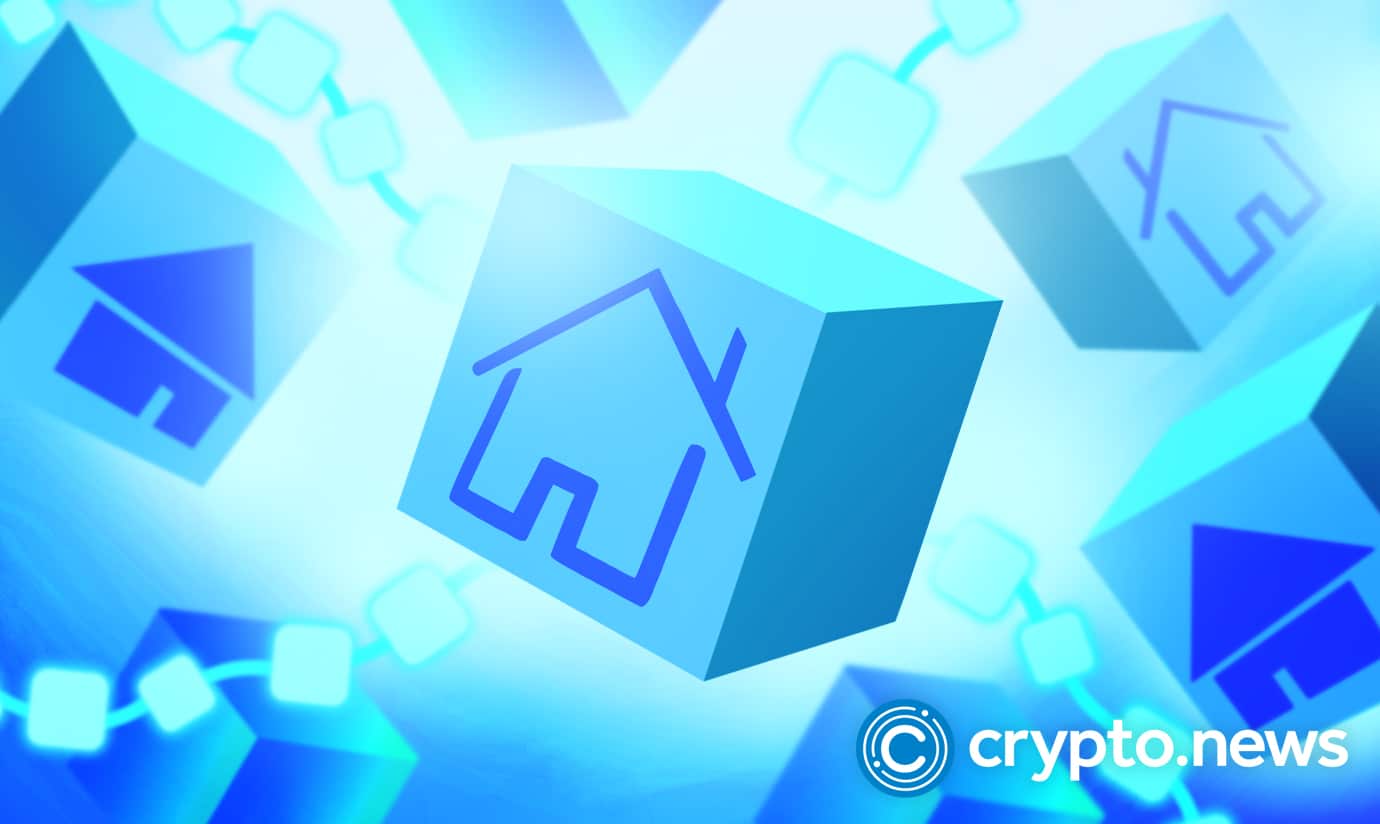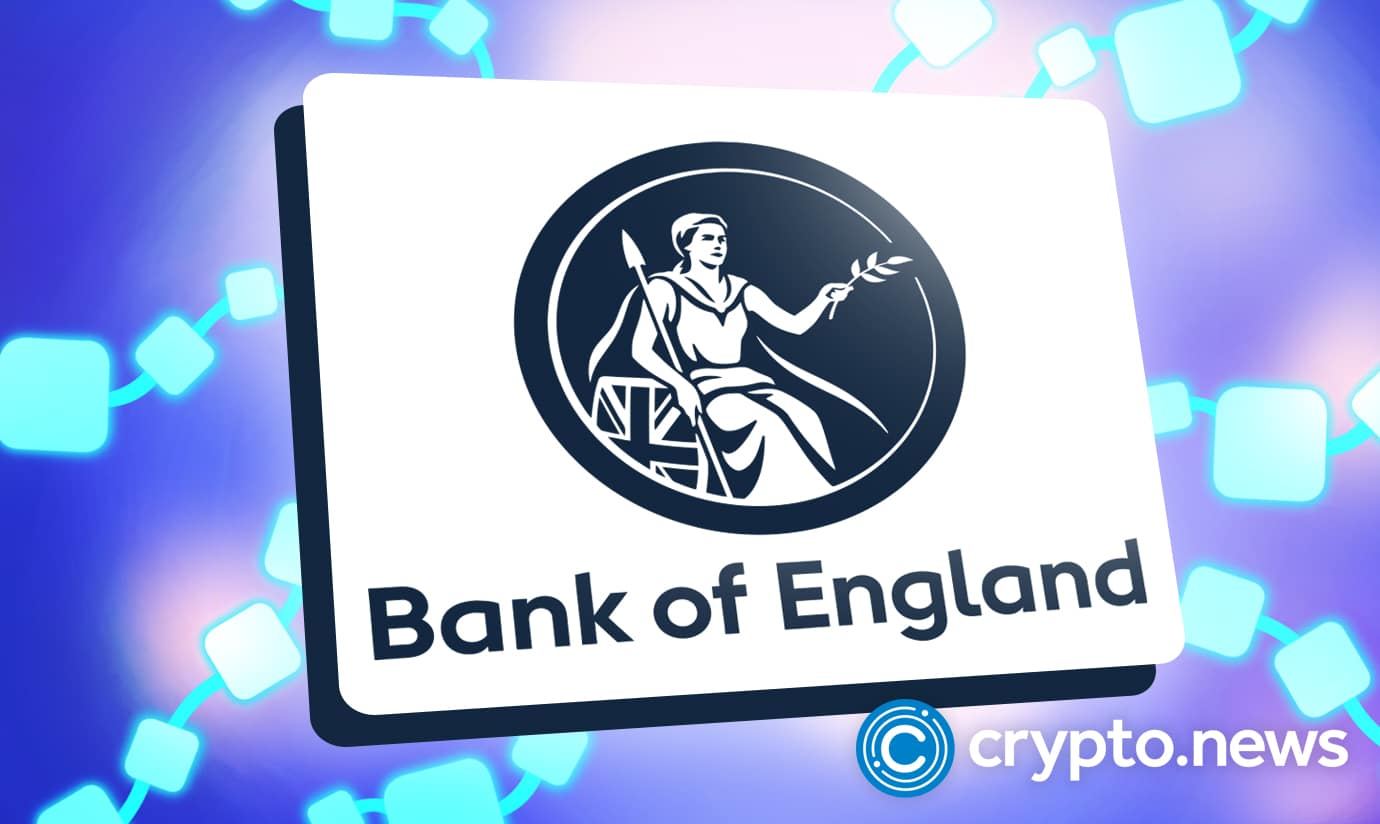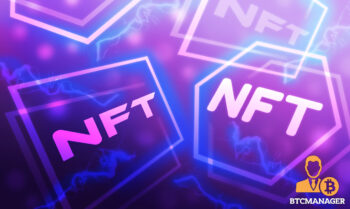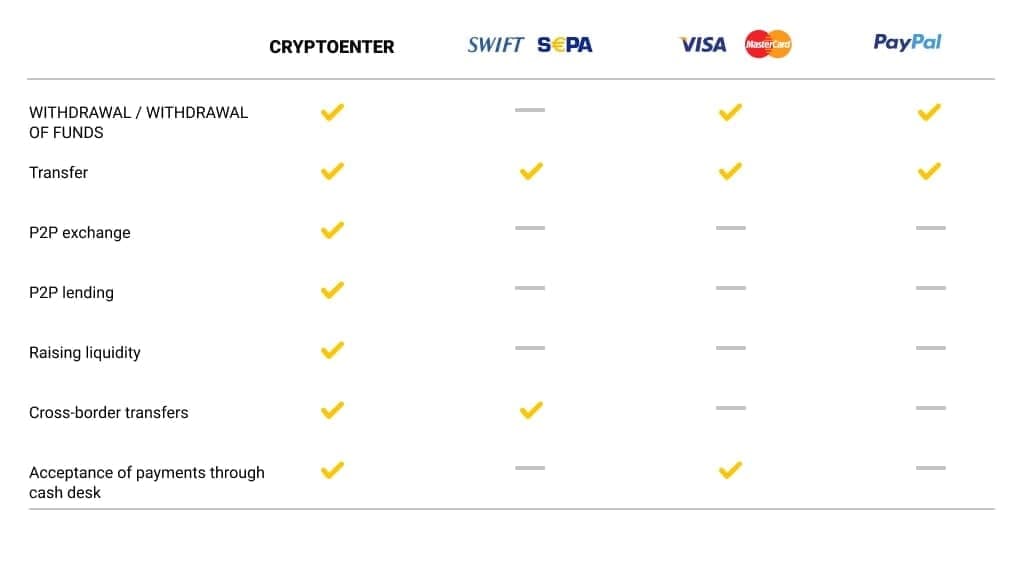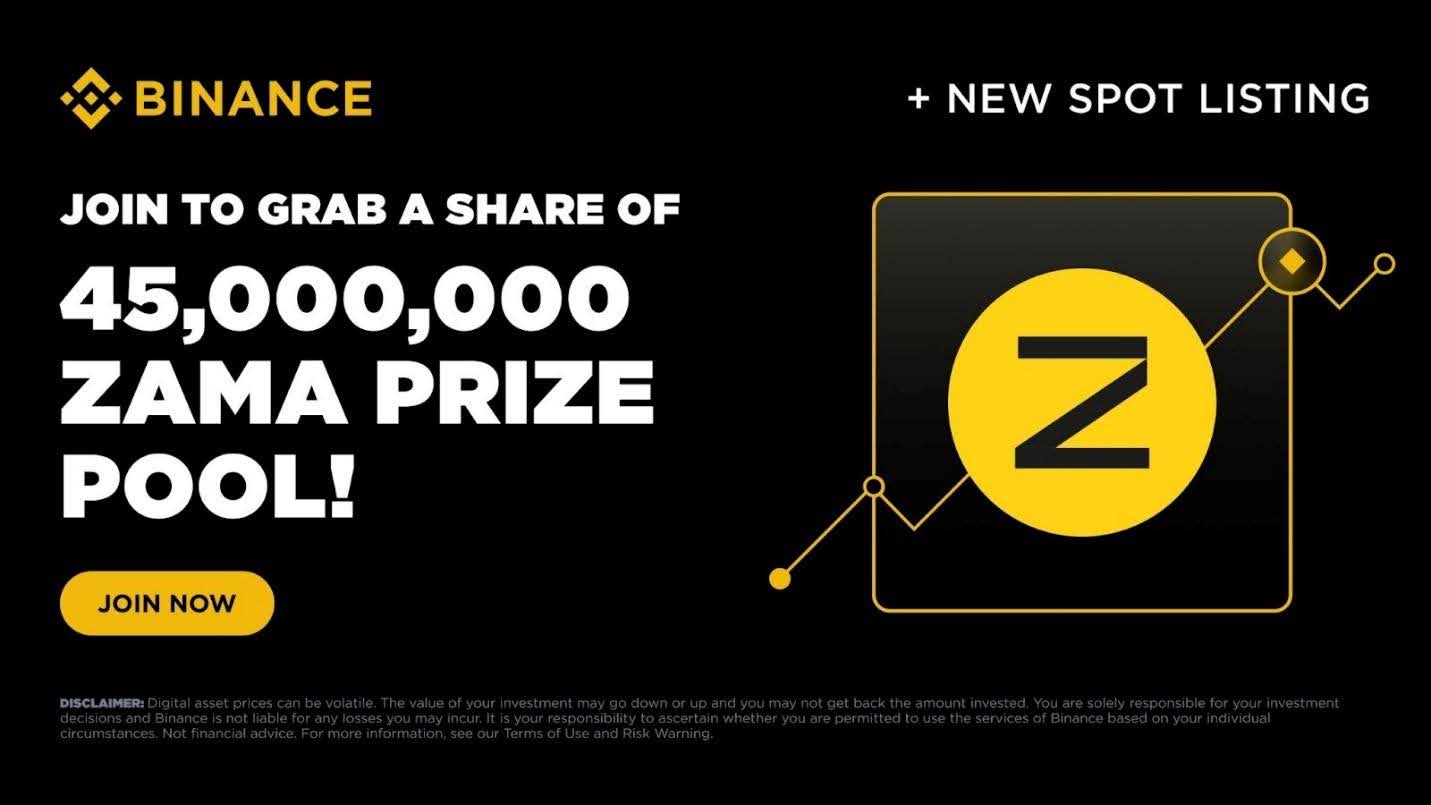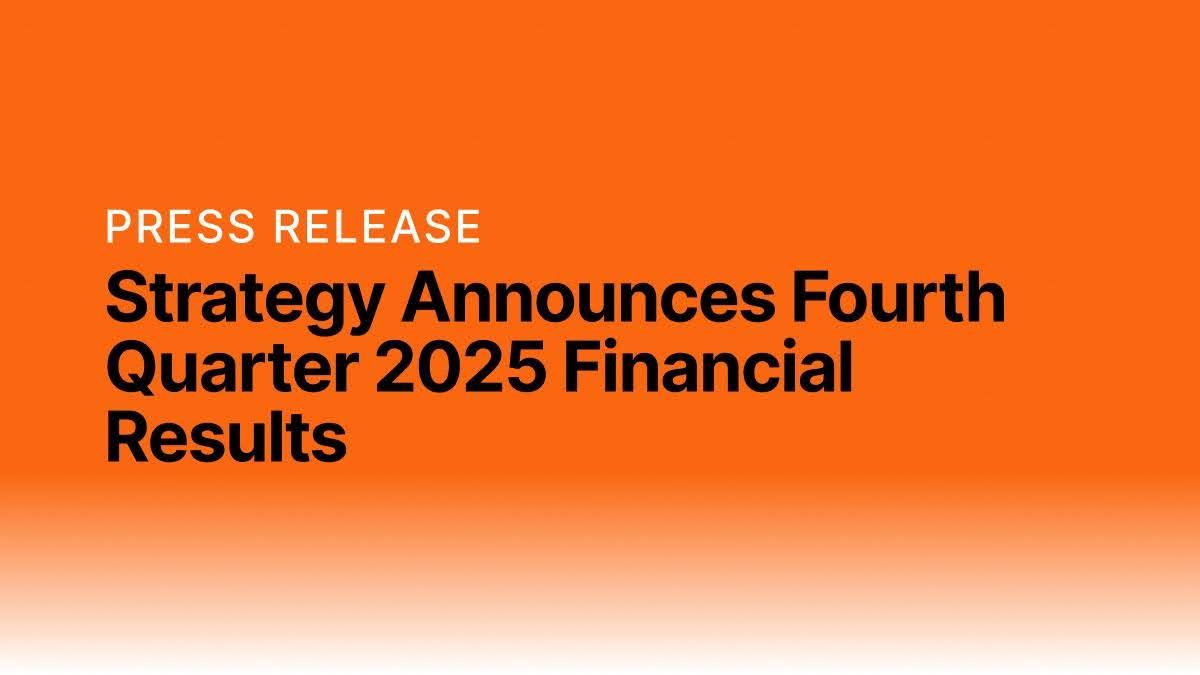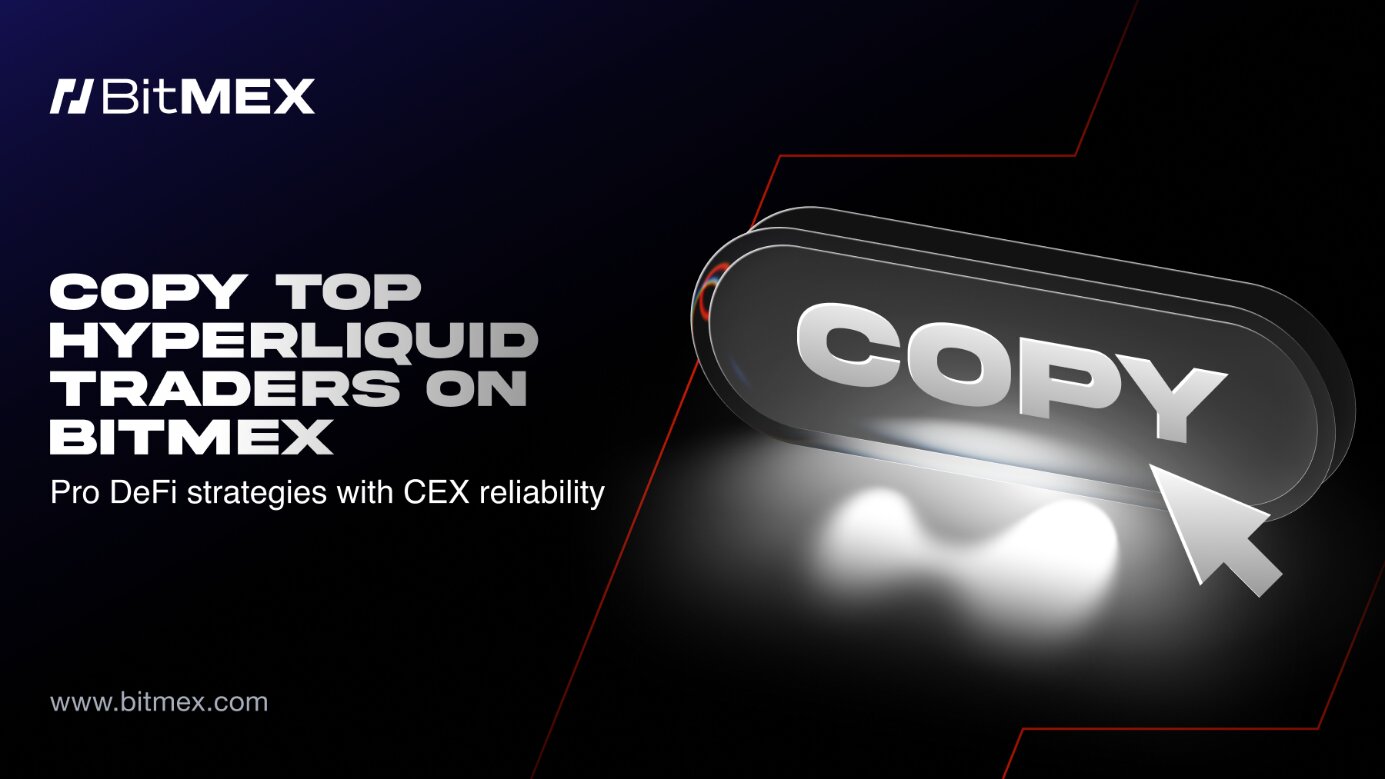2018-10-9 20:13 |
How Blockchain Is Can Revolutionize Global Financial Systems
Invented back in 2008, the blockchain technology has depicted the change that it can bring in different business areas. The technology, even in its infancy, has disrupted different industries and sectors. Various features of Blockchain such as decentralization, immutability, and transparency make it appealing for business sectors and domains all across the world. One such industry that is leading the way in exploring the potential of blockchain is the banking and finance industry.
Currently, the global financial system is enormous, but it is very cumbersome to transfer money. While you can send an email around the world in a second, transferring money can take days or even weeks to arrive at its destination. Financial intermediaries are required to transfer any sum of money, each of which takes a service charge. These financial middlemen are more often the victims of fraud than the rest of the economy, which results in greater regulation and higher costs for all parties involved. Blockchain will reduce the number of middlemen while increasing security, both of which will reduce costs. Blockchain will increase the velocity of money, which will increase cash flow and capital investments.
Let us take a look at Blockchain in different financial sectors
BankingBlockchain presents a double-edged sword for banks. On the one hand, it could potentially save banks billions in cash by dramatically reducing processing costs. Banks are salivating at the opportunity to reduce transaction costs and the amount of paper that they process. Implementing blockchain would make banks increasingly profitable and valuable. Santander, a bank based in Spain, put the potential savings of blockchain at $20 billion a year. Alternatively, the opportunity to start a bank with lower costs has attracted many new fintech startups to the market. Banks are also hedging their bets by directly investing in fintech startups.
At this point in time, the third-most-valuable cryptocurrency is Ripple’s XRP, which has announced more than 100 partnerships with major banking institutions around the world. Most of the banks are using Ripple’s blockchain solution called xCurrent. However, at least three companies are now using Ripple’s cryptocurrency service, xRapid, to settle cross-border payments.
Stock MarketPerhaps the most beneficial way blockchain technology can be used in stock trading is by speeding up the settlement of trades. Stock market traders, brokers, and regulators are required to go through a cumbersome, and expensive, process which typically takes three days or more to complete transactions— mainly due to the role of intermediaries, operational trade clearance, and regulatory processes. Blockchain technology could make stock exchanges much more efficient through automation and decentralization.
The technology can have a viable use in clearing and settlement, while securely automating the post-trade process, easing paperwork of trade and legal ownership transfer of the security. Blockchain can eliminate the need of third party regulator to a large extent since the rules and regulations would be in-built within smart contracts and enforced with each trade in order to register transactions with the blockchain network acting as a regulator for all transactions.
Real EstateBlockchain uses could potentially revolutionize rental property payments. Cost-efficiency and better decision-making in leasing transactions can be achieved with a shared database, where a whole vertical of stakeholders including owners, tenants and service providers can interact with ownership information, or transaction history in an open, secure way.
Combined with new models of flat ownership that could potentially span the global market, decentralized payment projects could be used to facilitate low-cost, high-speed transnational micropayments which would distribute the payment among all stakeholders concerned. Within the context of payments, introduction of smart contracts into blockchain real estate ledgers and transactions has clear potential in streamlining various real estates processes, such as releasing apartment ownership, or rental documents upon a completion of a cryptocurrency transfer. The benefits of this aspect of blockchain use cases, when applied to real estate, are already being recognized by a variety of private institutions and governmental bodies.
Insurance IndustryIt’s too early to tell whether blockchain can overcome the legal and regulatory hurdles to become a default standard in the insurance industry. But the possibilities are endless, and insurance companies and startups alike are exploring insurance applications for the blockchain full-throttle. These involve:
Fraud detection and risk prevention: By moving insurance claims onto an immutable ledger, blockchain can help eliminate common sources of fraud in the insurance industry. Property & casualty (P&C) insurance: A shared ledger and insurance policies executed through smart contracts can bring an order of magnitude improvement in efficiency to property and casualty insurance. Health insurance: Through the blockchain, medical records can be cryptographically secured and shared between health providers, increasing interoperability in the health insurance ecosystem. Reinsurance: By securing reinsurance contracts on the blockchain through smart contracts, the blockchain can simplify the flow of information and payments between insurers and reinsurers. Cross-Border PaymentsCryptocurrencies and blockchain are perfectly poised to fix this issue. Projects like Ripple and Stellar are already building an ecosystem to transfer value across borders, yet these digital assets still face serious obstacles before a wide adoption is in sight.
To become a useful form of money, currencies need to store value fairly well. Most cryptocurrencies do not fulfill these requirements due to their extreme volatility. However, many people depend on a currency with a relatively stable value. Tether’s USDT is probably the most popular stable cryptocurrency at the moment. Unfortunately, this does not solve the problem of fiat currencies, as the token is pegged to the US dollar and controlled by a centralized power.
origin »Bitcoin price in Telegram @btc_price_every_hour
High Performance Blockchain (HPB) на Currencies.ru
|
|

